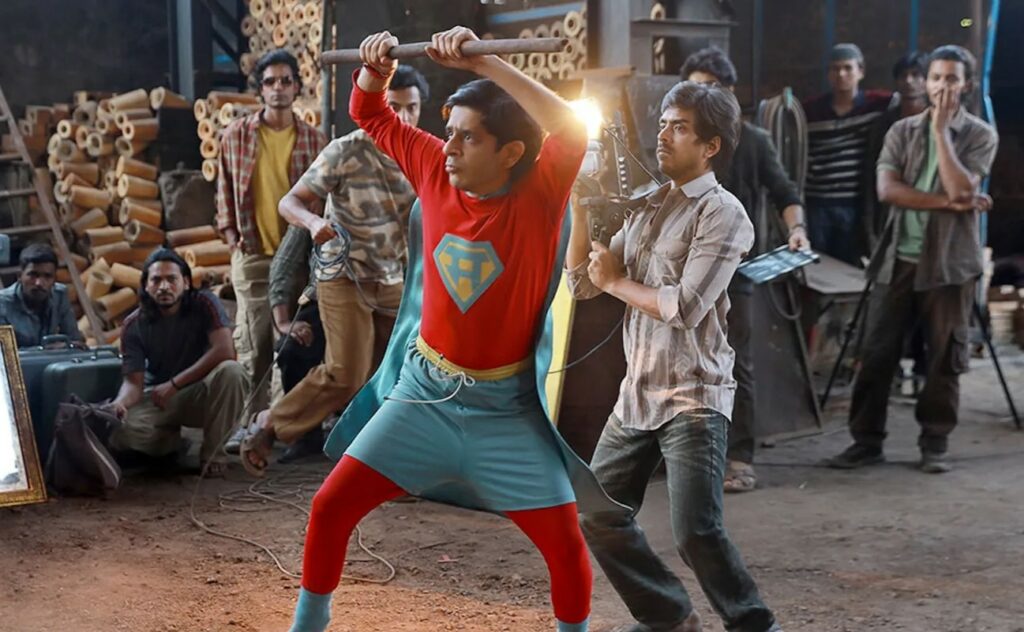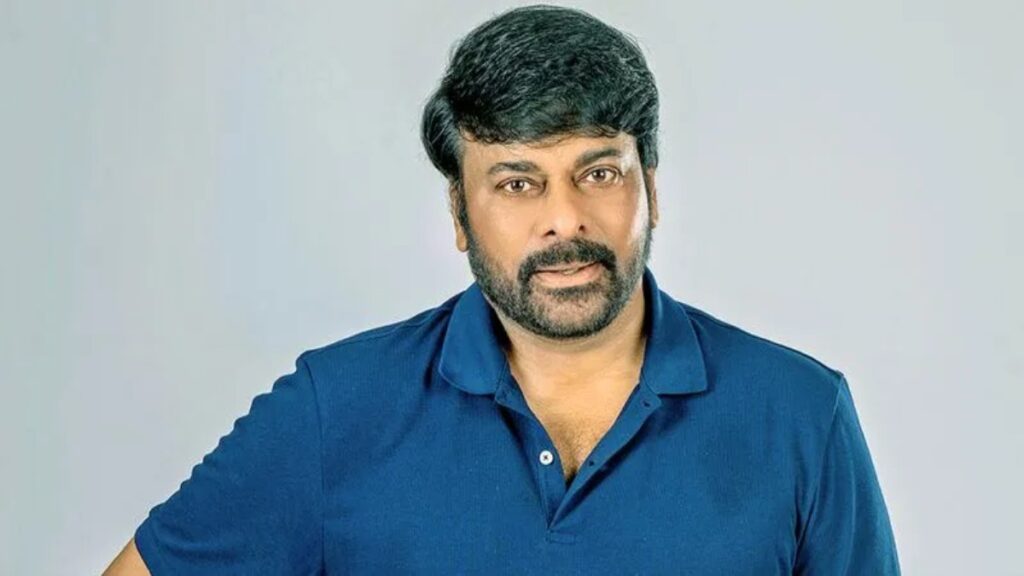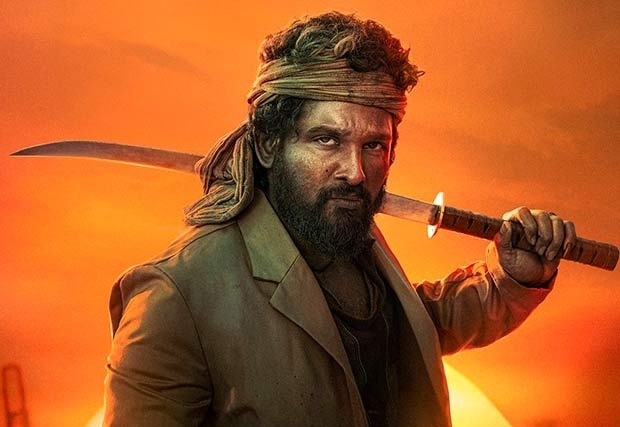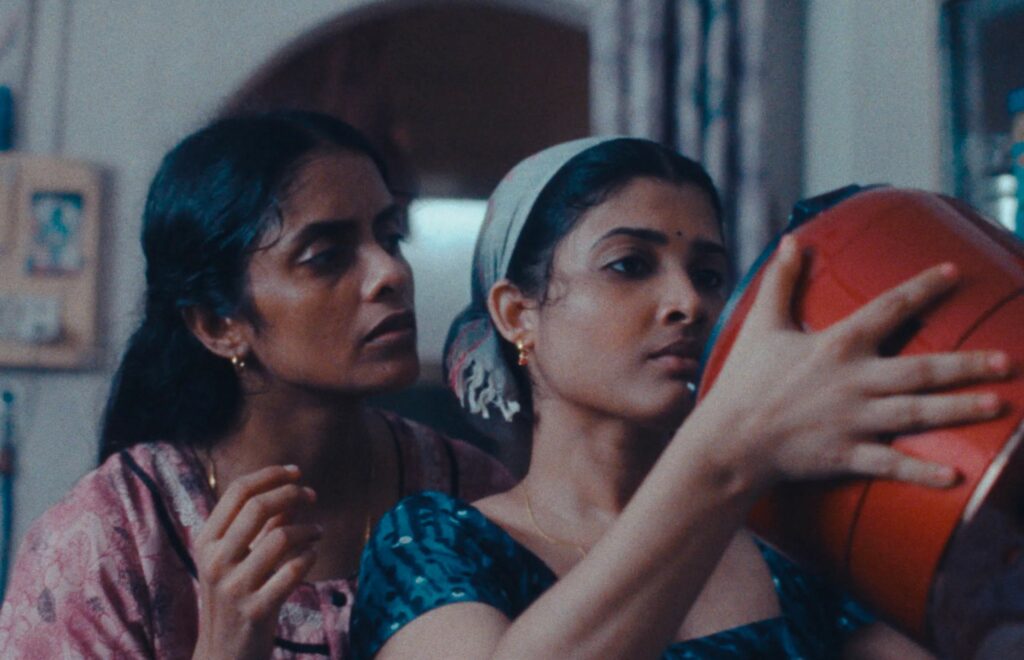Malegaon, a small little town in Maharashtra, has its own little film industry. It all began after the mid-1990s when local artistes over there started making parodies of iconic Hindi films. These films were made in minimal costs and with whatever resources available. Some examples of these include Malegaon Ke Sholay, Malegaon Ki Shaan, etc. Filmmaker Reema Kagti’s Superboys Of Malegaon is a fictionalized tale of Nasir Sheikh and his friends who started the crazy film industry in Malegaon.
Starting off in 1997, the film tells the story of Nasir (Adarsh Gourav), who runs a video parlour in Malegaon. He struggles to attract audiences as he screens international films. The parlour opposite to theirs is doing well as it screens mainstream Hindi films. Nasir, one fine day, learns the trick of editing and starts compiling action sequences from different films and releases them as a single film.
The trick works wonders but his joy is short lived as he gets accused of piracy by the police, who destroy his parlour. Nasir, then, thinks of a solution. He decides to make his own film, so that he can screen it in his parlour without bothering about piracy. Hence, it will be a film by Malegaon, for Malegaon. His friends Farogh (Viineet Kumar Siingh), Shafique (Shashank Arora), Akram (Anuj Singh Duhan) and others join him in his unique mission.
Superboys Of Malegaon throws special light on the making of Malegaon Ka Superman, one of the most celebrated films from Malegaon’s film industry.
Superboys Of Malegaon sucks you into its interesting and heartfelt world from the first scene itself. Those in love with the medium of cinema would be enchanted by the old world charm on display though the video parlours and old single-screen theatres with wooden chairs. In this way, is a triumph of production design by Sally White.
The film is top-notch in its content too. Varun Grover and Shoaib Nazeer’s writing and Reema Kagti’s presentation makes you root for these kids of Malegaon at the outset. The film, especially the first half, keeps reminding you of Paresh Mokashi’s classic Marathi film Harishchandrachi Factory (2010). This isn’t a minus point for Superboys Of Malegaon because it’s natural to think of the 2010 film as both the movies are about a group of individuals going through various challenges, including minimal resources, to make a film.
Like the Marathi film, Kagti’s movie is also filled with heartwarming and funny moments in the first half when the protagonists go through the process of making their own film.
But Superboys Of Malegaon goes further ahead and kind of surprises you with the conflict element and the turns in the second half. One is taken by surprise at the turn of events and, frankly, at one point, you wonder where the film is heading. But the final act turns out to be a masterstroke through the making of Malegaon Ka Superman. The event leading up to the making of the film and its screening moves and makes you smile no ends.
The movie wouldn’t have reached this level without such naturally fine performances of its ensemble cast. Adarsh Gourav’s character goes through the different stages of his life from 1997 to 2010. He gets it right during each stage and carries each emotion with perfection. Viineet Kumar Siingh once again proves why he is one of the most talented actors of today’s times. Shashank Arora gets sidelined initially but becomes the center of attraction later. He comes up with a phenomenal act.
Manjiri Pupala is an actress to watch out for due to her sheer talent and confidence. Muskkaam Jaferi also chips in with a fine act. The film has good supporting acts from the likes of Anuj Singh Duhan, Saqib Ayub, Riddhi Kumar and others.
Coming to the negative points, a major story development in the second half happens abruptly and it’s also treated in a casual manner. The pace drops for a few moments in the second half. Strangely, the characters don’t seem to age from 1997 to 2010.
Overall: Superboys Of Malegaon is a heartwarming ode to cinema and friendship.
Rating: 4 out of 5
Director: Reema Kagti
Producers: Excel Entertainment, Tiger Baby and Amazon MGM Studios
Writers: Varun Grover and Shoaib Nazeer
Cast: Adarsh Gourav, Viineet Kumar Siingh, Shashank Arora, Manjiri Pupala











